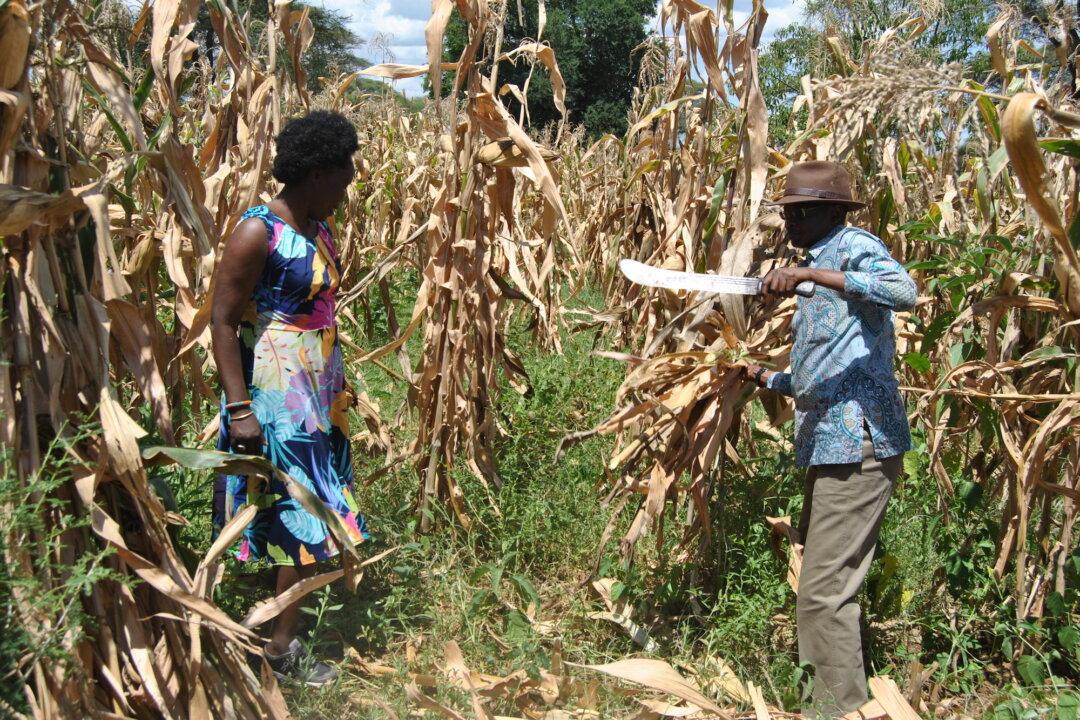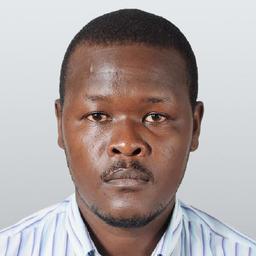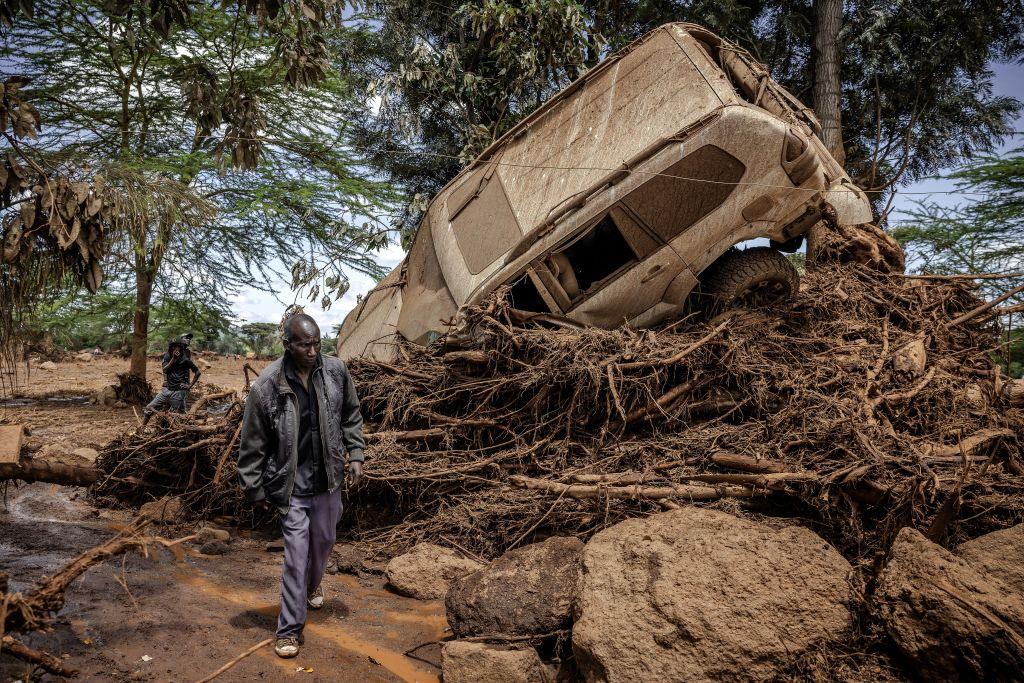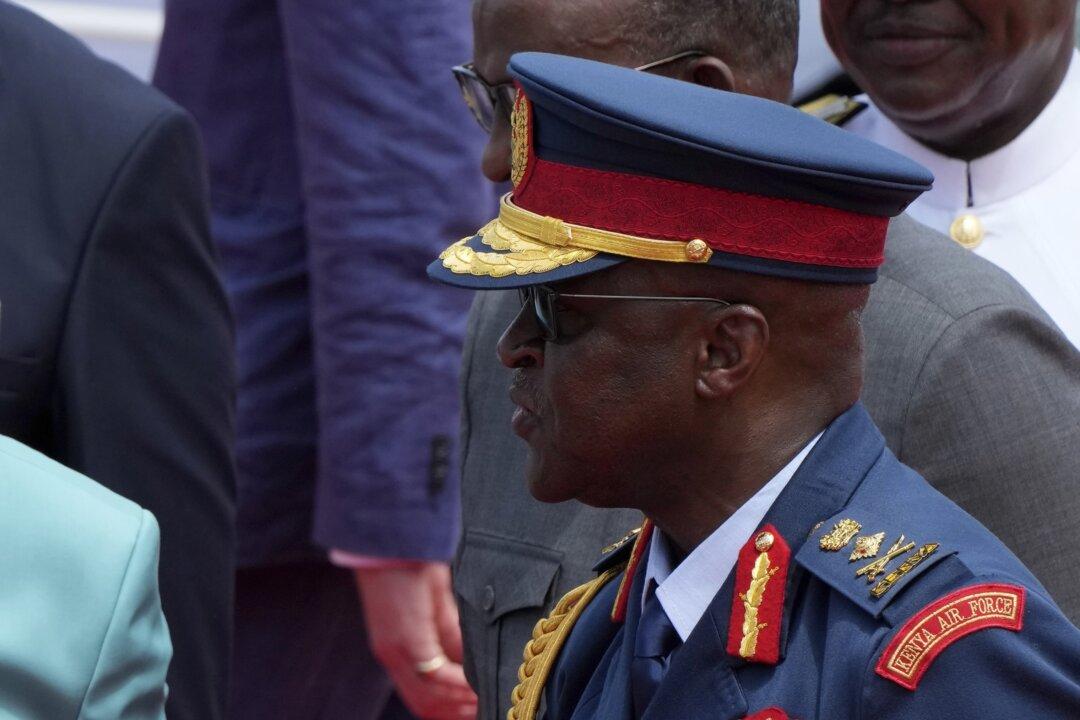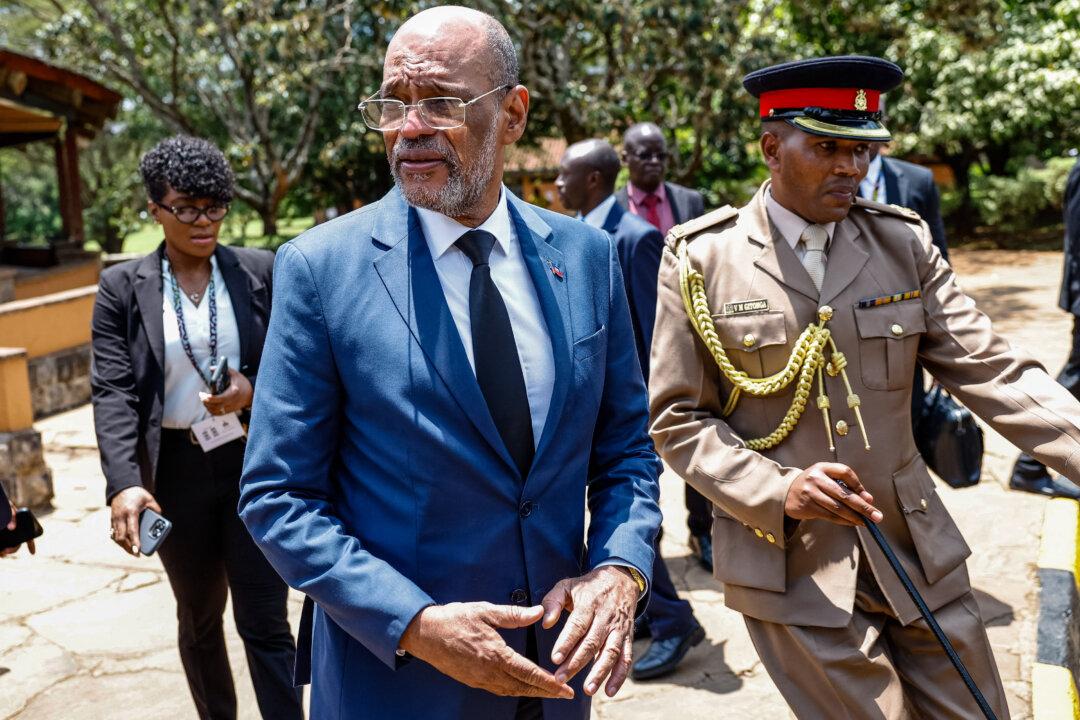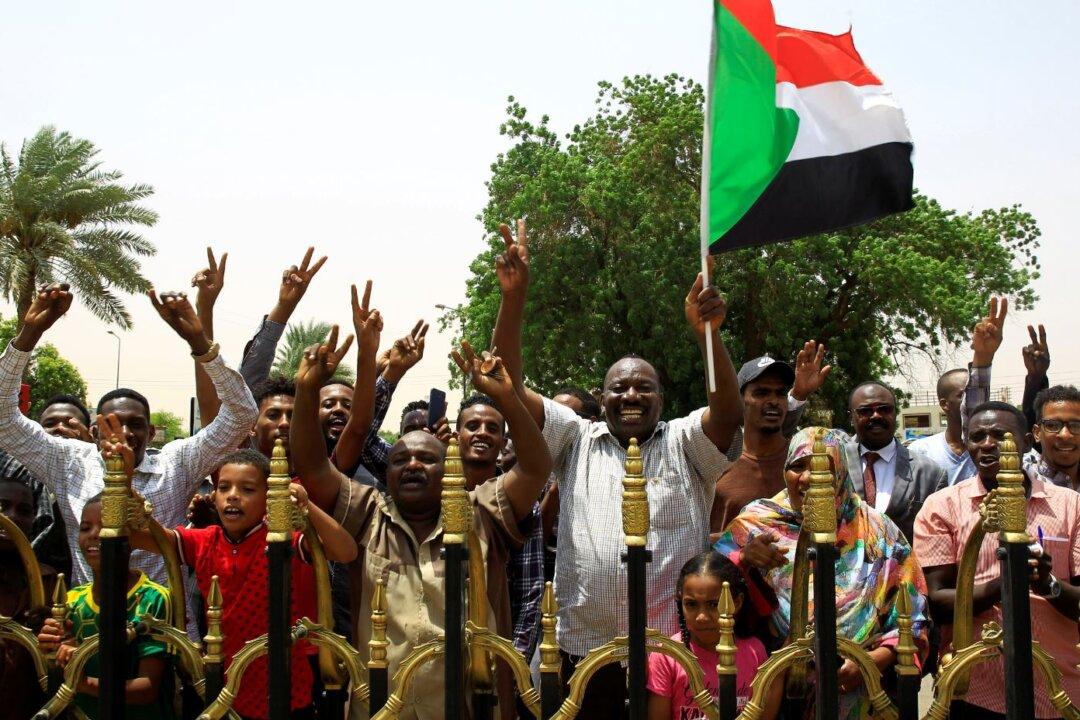SINDAR/KAPAKATA/NAIROBI, Kenya—By his own admission, Bethuel Kibor, a veterinary officer by training, was at one point involved in cattle rustling in his village in the Rift Valley area of northern Kenya, with the tribal cattle raids at times turning deadly.
The 52-year-old father of six with two wives reaches into his pocket, removes a small white tin, pops it open, and picks out a pinch of powdered tobacco, sniffing it as he sits down. With red eyes and his mustache turned brown, seemingly from tobacco, Kibor narrates how he and other young men from his Marakwet tribe wreaked havoc when they retaliated against or raided the Pokot community.
